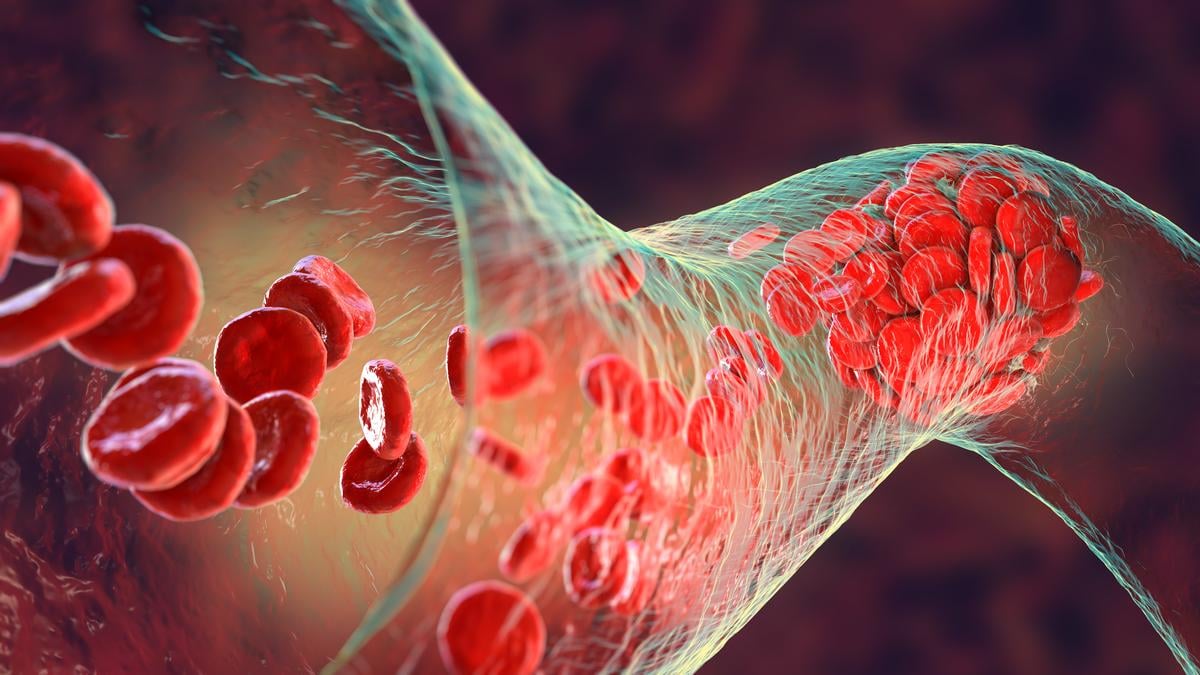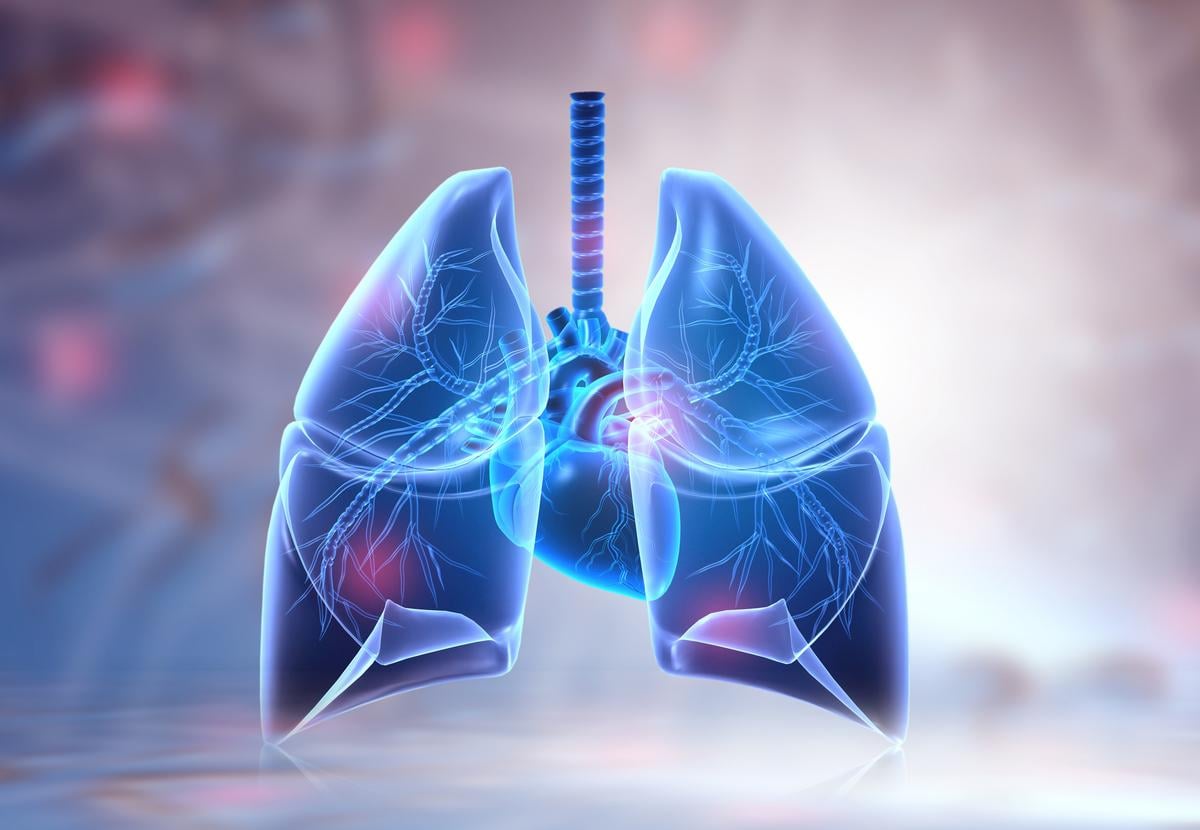
Certain hormone replacement therapy pills appear to increase the risk of heart disease and serious blood clots in women going through menopause, a new study says. Estrogen/progestin pills increased women’s risk of heart disease by 21% and risk of life-threatening blood clots by 61%, researchers found. Similarly, the synthetic hormone pill tibolone increased risk of… read on > read on >















.jpg)














